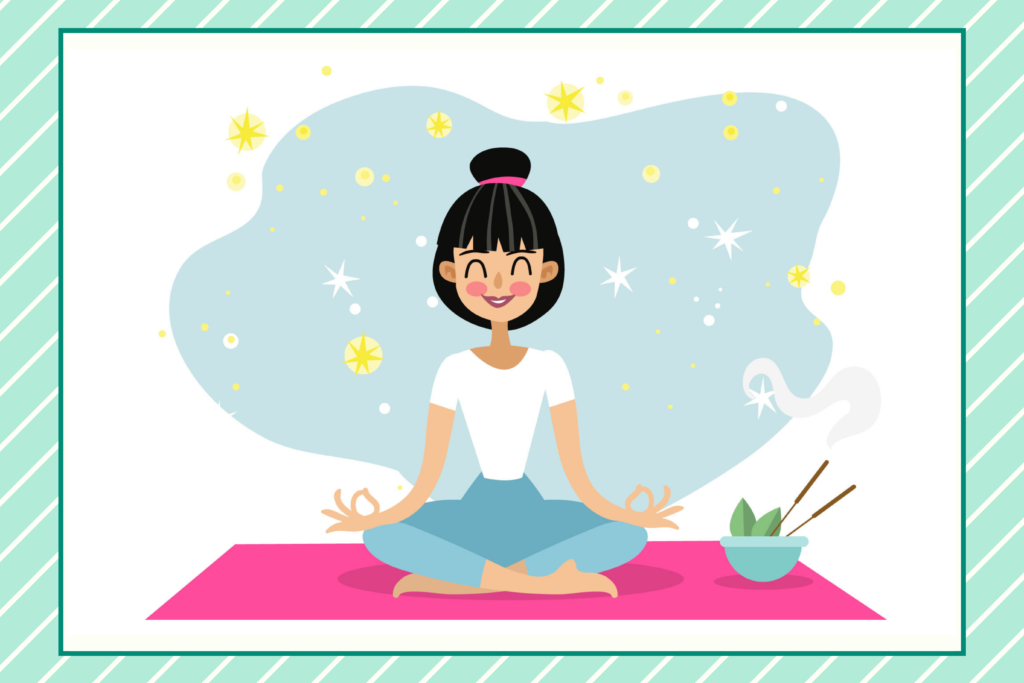Overthinking can in simple terms be explained as thinking about something for too much and too long. It causes enormous distress and suffering in our lives and is linked to psychological problems, such as depression and anxiety.
There are many forms of overthinking: endlessly pondering over what decision to make, dwelling on past events and relationships, attempting to read minds or predict behaviours, worrying about future events, or thinking about things that you said to others or what others said to you.
These forms are based on emotions, such as fear, anger, guilt, and grief. Overthinking amplifies these painful emotions. Every time when you think of the same things, you feed these painful emotions and you are trapped in a vicious cycle.
It is important to note that overthinking is different from self-reflection. Healthy self-reflection involves learning something about yourself or gaining a new perspective about a situation. This new information is used for self-development. It is purposeful and positive. On the contrary, overthinking involves dwelling on how bad you feel and on the things that are out of your control.
The good news is that overthinking is a habit. When I wake up in the morning, the first thing that I do is wash my face and brush my teeth without standing still about what I am doing. This is how I begin my day for as long as I can remember. Overthinking works like this too. Why is this good? Habits can be modified in ways that serve you!
I would not necessarily say that I am a strong overthinker, but from time to time I do overthink situations. Overthinking is wasteful and unproductive and can cause you to feel anxious or stressed. In order to have a peaceful mind, I have found three strategies that work for me and I would like to share these with you.
1. Create a list with all the things that bother you and categorize them
- The first thing that you can do is write all the things down that bother you.
- After you have done this, you can divide them into two categories: things to address and things not to address.
- The first column includes the things that are in your control. Maybe you still have some preparations to do for a presentation that makes you a little nervous. Schedule preparation time in your agenda. Or maybe you have unfinished business with a person. Decide whether you would like to reach out to this person. If yes, what is it that you are going to do? Call or email? Make it as specific as possible. Write out when you are going to call the person and what you want to say.
- If no, work on ways of letting go. It now falls under the second category: things not to address. One method that helps me a lot is writing a letter that I do not send. I just throw it away when I feel like it. This works for me because I can write down whatever I want to. It is uncensored and imperfect and it makes me super relaxed after I have jotted things down.
2. Schedule Worry Time
- I try to make time for both positive and negative things in life. For the positive things, I have my gratitude journal. I try to write two to three things that I am grateful for every day. I am still trying to make this a habit, so sometimes I skip it. Oops!
- For the negative thoughts, I set my timer for 10 minutes to vent. This stops me from overthinking during the day. Every time when my mind starts wandering during the day, I remind myself of the specific time that I can vent.
- I write down what bothers me or how I feel on little notes and put it in a huge envelope. Sometimes it is just words and not whole sentences.
- Once a month, I empty this envelope without reading the notes. Ever since, I started doing this, I have noticed major improvements in the way I think and how peaceful my mind is. I do not even need ten minutes a day to vent my feelings. ?
3. Focus on the new perspectives that you gained about a situation or yourself
I think a lot of the times when we overthink a situation, it is because we have not really learned how to cope with it in a healthy way. A friend of mine suggested questions that helped me with reflecting on events. These questions help me to put things into perspective and the best part about it is that you can do this on your own.
- What does this teach me about life or a person?
- What are the things that I do not like about this event or person?
- Why is this triggering me?
- How does this make me feel?
- What are the things that I did right in this situation?
- What can I do differently next time?
- What is in my control?
- What is out of my control and do I need to let go of?
Asking myself these questions, helps with avoiding overthinking, because I have already analysed a situation. This is part of healthy self-reflection.
Overthinking is the habit of analysing a situation to the extent that it becomes unproductive. When overthinking becomes a consistent part of your life, it can lead to depression, stress, anxiety, and relationship conflicts. It is important to work on yourself to live your life peacefully. Let me know what strategies work for you in the comment section below.
Disclaimer: the content of this blog is based on strategies that worked for me personally without the help of a mental health professional. The content is not intended to be a substitute for professional advice, diagnosis, or treatment. Always seek the advice of your mental health professional or other qualified health provider with any questions you may have regarding your condition.

